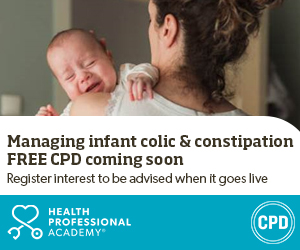The Department of Health and Social care (DHSC) has exempted the essential frontline NHS and social care staff in England from self-isolation following a negative PCR test.
In a letter to all NHS organisations in England on Monday 19 July, the DHSC has outlined new guidance which allows essential frontline staff to return to work following a negative PCR test if they have been asked to isolate due to potential contact with Covid-19 patient.
The guidance states that, where there is a risk that a staff absence would lead to potential patient harm, fully vaccinated (14 days post-second dose) staff may be brought back to work ahead of the self-isolation period following the completion of a local risk assessment.
The return to work is conditional upon safeguards being implemented which includes an immediate negative PCR test prior to returning to work, the provision of subsequent negative daily lateral flow tests for a minimum of seven days, appropriate use of Infection Prevention and Control (IPC) measures, including social distancing in the workplace when not undertaking clinical work and the use of PPE in line with the current UK IPC Guidance.
Employers are required to take all reasonable steps to ensure the vaccine status of the employee and compliance with these safeguards.
Those that return to work following the completion of the risk assessments must still adhere to legal isolation requirements at all other times i.e., when not at, or travelling between home and work.
Employers should also bear in mind the potential impact of Covid-19 on an individual due to their risk profile, considering their ethnic background and any existing health conditions they have which may make them clinically vulnerable.
The NHS clearly states that the aim of the new guidance is to reduce the pressure that is being created due to significant numbers of NHS staff with a negative PCR result being required to self-isolate.
However, they also point out that “this flexibility should not be seen as a means to bring back all staff that are absent. These guidelines give employers the ‘right to allow’ not to ‘compel’ staff to return to work. Local organisations will need to determine how to record and govern decision making to ensure appropriate application.”









